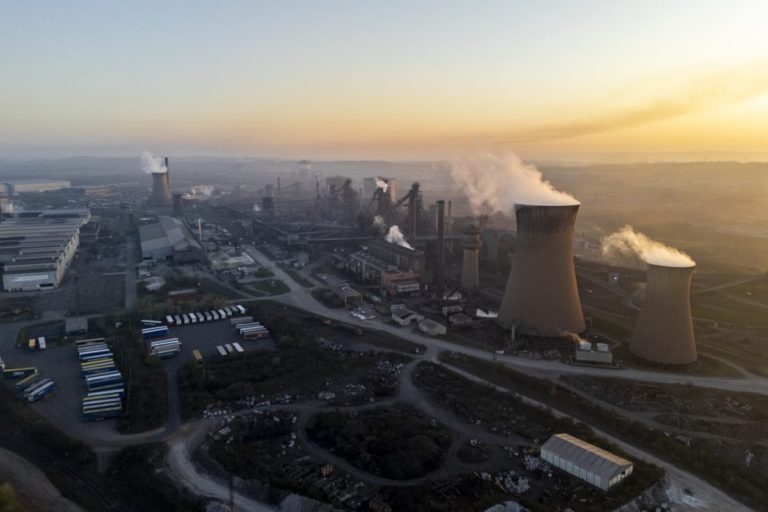As the Labour Party navigates its political strategy amidst growing calls for climate action, the question of its commitment to achieving net zero emissions by 2050 has become increasingly pressing. This is more than a debate over numbers; it is a test of ideological and practical resolve. Political opponents and allies alike scrutinize Labour’s pledge, particularly given the mixed signals on environmental policy and economic priorities under Keir Starmer’s leadership.
The Political Climate and Labour’s Challenge
Recent developments have sparked a renewed focus on Labour’s environmental policies. In a political landscape where support for net zero is high—61% of Britons back the 2050 target—Labour is attempting to leverage this majority sentiment despite challenges. Kemi Badenoch’s recent statements, dismissing the feasibility of net zero without significant economic sacrifice, provide Labour with an opportunity to solidify their stance and appeal to voters committed to environmental sustainability.
Yet Labour’s own actions raise questions. Starmer’s government has shown fluctuating commitment to green initiatives, notably through Cabinet tensions and controversial policy decisions like supporting a third runway at Heathrow, and approving oil field developments in the North Sea. These moves, perceived as prioritizing economic growth over environmental integrity, provoke skepticism about Labour’s green credentials.
Policy Decisions and Internal Dynamics
Internally, Labour’s mixed environmental record has left supporters and critics alike pondering the party’s true climate priorities. Ed Miliband, as Energy Secretary, has advocated for clean energy, securing significant funding increases for renewable projects. His efforts underscore Labour’s commitment to transitioning to renewable energy sources by 2030, but obstacles remain.
Labour’s reaffirmation of the North Sea oil and gas licence ban, despite union opposition, signals a reluctance to fully confront incumbent industries. Miliband’s vision of a « green transformation » contrasts with economic realities faced by the Treasury, led by Rachel Reeves, whose pragmatic approach often tiptoes around austerity measures and fiscal constraints.
The Economics of Net Zero
Net zero’s economic implications are a central focus for Labour strategists. While Labour promises reductions in household energy bills and a shift towards renewable energy, economic forecasters caution that these benefits might not materialize until the next decade. Critics point to international examples, such as Australia’s struggles with similar green pledges, as warnings for Labour’s potential economic missteps.
The tension between immediate economic needs and long-term climate goals creates a delicate balancing act for Starmer, who faces pressure from both progressives advocating for decisive climate action and conservatives wary of economic repercussions. The need to frame net zero not only as an ethical necessity but as an economic opportunity remains critical to building robust public support.
The Road Ahead
As Labour continues to navigate these complexities, key questions remain: Can Labour convincingly argue that its path to net zero will enhance economic resilience rather than impede growth? Will they maintain public support in the face of economic challenges and opposition critiques?
The stakes are high. As the UK moves toward 2050, Labour’s handling of the climate agenda could define its political identity and legacy. Their success will depend not only on policy but on the narrative they construct—demonstrating that the pursuit of net zero is not merely an environmental necessity but an essential driver for a sustainable, prosperous future.
The path to net zero is fraught with obstacles, yet the potential rewards are significant. For Labour, the challenge lies in convincing the public that the environmental sacrifices of today will yield a more affordable, stable future for all. With sustainability as a cornerstone of their platform, Labour must navigate the turbulent waters of climate policy with both caution and conviction, ensuring they remain firmly on course toward achieving meaningful environmental reform.




